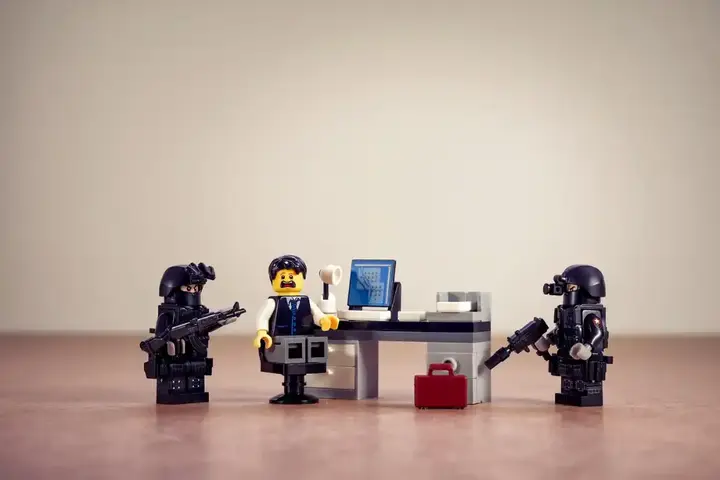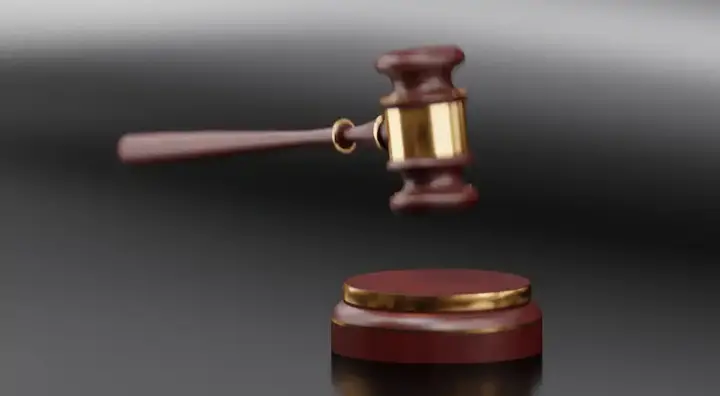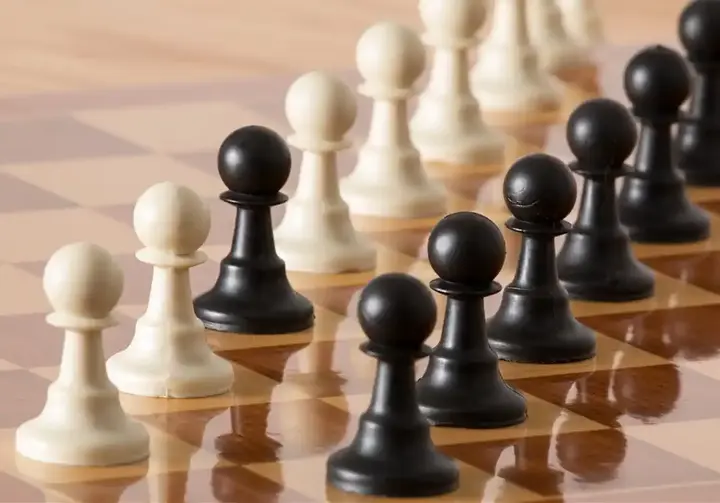Understand the difference between discipline and punishment
Teaching children right from wrong and that actions have consequences is not an easy task to do. It becomes more difficult when your children behave too far from angelic behavior. It is essential to ensure that your child understands that his actions are not appropriate with an explanation of the reason for this and helping him understand that this is not appropriate behavior in future situations. Although discipline and punishment often come together, it's important to understand the difference when educating your children.
Show key points
- Teaching right from wrong is challenging, especially when children exhibit difficult behavior.
- Punishment focuses on making children suffer for their mistakes rather than guiding them toward better choices.
- Harsh punishments can damage a child’s self-esteem and lead to resentment rather than reflection or learning.
- ADVERTISEMENT
- Discipline, unlike punishment, aims to teach children self-control, emotional management, and problem-solving skills.
- Effective discipline uses consistent rules and time-sensitive consequences to shape future behavior.
- Positive discipline approaches, such as rewards and praise, help build a strong parent-child relationship and reinforce good behavior.
- Parents may struggle between punishment and discipline due to their upbringing, but seeking knowledge and acting with love and respect can guide better parenting decisions.
What is punishment?

Punishment imposes punishment for child abuse. Here it is about making the child "pay" for his mistakes.
Sometimes, the desire to inflict punishment stems from a parent's frustration.
Recommend
Other times, this stems from despair, as a parent may feel compelled to scream, slapp, or remove all the privileges the child has received in an attempt to send a clear message that it is better to change their behavior "otherwise."
Punishment is controlling the child, not teaching the child how to control himself. More often than not, punishment changes the way a child thinks about himself.
A child who endures serious punishment may begin to think: "I'm bad." Instead of thinking that he made a bad choice, he might think he was a bad person. Authoritarian parents are more likely to punish their children. Punishment, like beating, is aimed at inflicting pain and physical suffering. Other examples of punishment may include forcing a teenager to hold a sign that reads "I'm stealing from stores," or calling him insulting names that can even go as well.
Punishment problems

Punishments do not teach children how to behave.
A child who receives a beating for hitting his brother does not learn how to resolve the conflict peacefully.
Instead, he will be confused about why you may beat him but it is unacceptable for him to hit his brother.
Punishment also teaches children that they are unable to control themselves, as they learn that their parents must manage their behavior because they are unable to do it alone.
Harsh punishment can lead children to focus on their anger at the person causing the pain, rather than on why they are in trouble.
So instead of sitting back and thinking about how to improve their performance next time, a child who has to sit in the corner for hours might spend their time thinking about how to take revenge on the caregiver they put there.
What is discipline?

Discipline teaches children new skills, such as how to manage their behavior, solve problems, and deal with uncomfortable emotions. Discipline helps children learn from their mistakes and teaches them socially appropriate ways to deal with emotions, such as anger and disappointment. Discipline techniques include strategies such as suspending play or removing privileges.
The goal is to give children a clear negative result to help them make a better decision in the future.
Discipline must take a firm approach. Health discipline involves giving children clear rules and fixed negative consequences when they break these rules. The consequences are also time-sensitive. So, while punishment may include a parent removing all electronic devices indefinitely, discipline may include depriving the child of a TV set for 24 hours when the child refuses to turn it off.
Benefits of discipline

Discipline is proactive rather than reactive, it prevents many behavioral problems and ensures that children learn successfully from their mistakes.
Many discipline techniques include positive approaches, such as praise and reward systems.
Positive reinforcement encourages continued good behavior and provides children with clear incentives to follow the rules.
Discipline also fosters positive relationships between parents and children. Often, this positive relationship reduces the child's attention-grabbing behavior, and even motivates children to behave well. Although discipline allows for an appropriate amount of guilt, it's not about embarrassing children. This is crucial, as a child who feels good about himself is less likely to make bad choices. Instead, he will have confidence in his ability to manage his behavior.

The difference between punishment and discipline may be a new concept for some parents, because of the way they are raised. These adults may have been subjected to different forms of punishment and it is normal for them to feel attracted to this type of upbringing because this is what they know.
Other adults who have gone through this experience may want to raise their children in a completely different way, but they don't quite know how to achieve it.
Feeling confused and frustrated when it comes to raising children is normal, especially with different information about strategies and techniques available. Take your time, read a variety of perspectives on discipline, and then figure out the right parenting approach for you and your family. The key is to interact with your children with love and respect and the rest will come alone in their rightful place.








